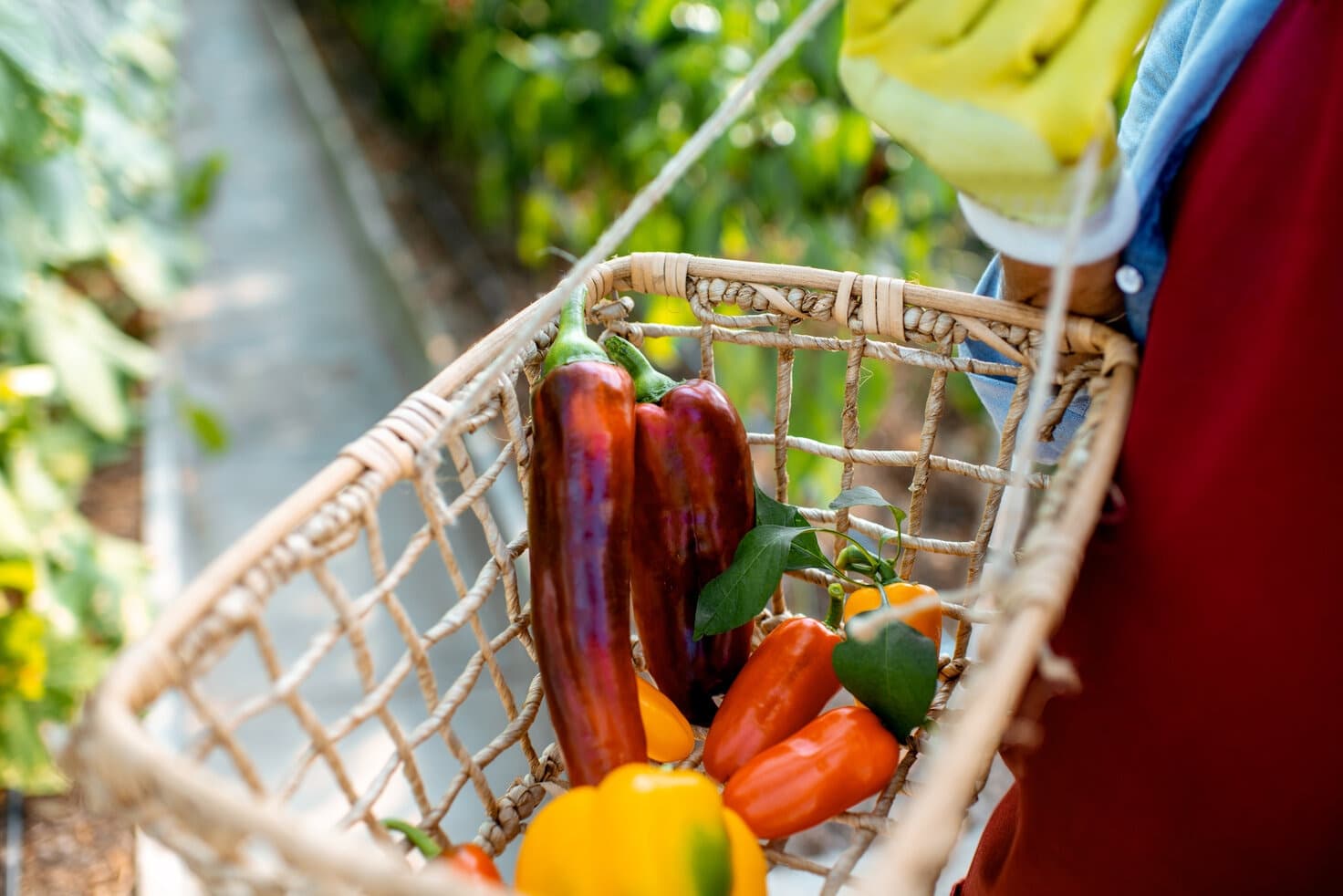- Authors

- Author
- Author
- Name
- Zuzana Slobodova
- Published on
Organic vs. Conventional: What Foods Should You Buy Organic and What’s Safe to Eat Non-Organic?

Choosing between organic and conventional foods can be confusing, especially with concerns about pesticides, sustainability, and nutrition. While buying organic can be beneficial for both health and the environment, it’s not always necessary for every type of food. Here’s a guide to help you make informed choices about when to buy organic and when it’s okay to go conventional.
Why Buy Organic?
Reduced Pesticide Exposure
Organic farming limits the use of synthetic pesticides and fertilizers. This reduces your exposure to potentially harmful chemicals that can remain on food.
Environmental Benefits
Organic farming practices are generally better for the environment. They promote soil health, reduce pollution, conserve water, and increase biodiversity.
Nutritional Value
Some studies suggest that organic foods may have higher levels of certain nutrients, such as antioxidants. However, the difference is often minimal.
Animal Welfare
Organic animal products come from animals raised in more humane conditions, with access to the outdoors and without the use of antibiotics or growth hormones.
Foods to Buy Organic
The Dirty Dozen
Each year, the Environmental Working Group (EWG) releases a list of the "Dirty Dozen," fruits and vegetables with the highest pesticide residues. These are worth buying organic:
Leafy Greens
Lettuce, kale, and other leafy greens often contain high levels of pesticides. Buying organic reduces your risk of exposure.
Berries
Berries, such as strawberries, raspberries, and blueberries, are prone to pesticide contamination due to their delicate skin.
Apples and Pears
Apples and pears often have high pesticide residues on their skins. Opt for organic to avoid these chemicals.
Grapes and Wine
Grapes, and by extension, wine, can contain multiple pesticide residues. Organic options are a safer choice.
Tomatoes and Peppers
Both tomatoes and bell peppers tend to have high levels of pesticide residues, making organic varieties preferable.
Celery
Celery has a porous structure that allows pesticides to penetrate deeply, making it hard to wash them off.
Animal Products
Dairy, eggs, and meat should be organic to avoid antibiotics, hormones, and potentially harmful feed additives.
Foods Safe to Eat Non-Organic
The Clean Fifteen
The EWG also lists the "Clean Fifteen," produce with the least pesticide residues. These are generally safe to buy conventional:
Thick-Skinned Fruits
Bananas, oranges, and grapefruits have thick skins that protect the edible parts from pesticide exposure. These can be bought non-organic.
Root Vegetables
Potatoes, carrots, and beets are often lower in pesticide residues. However, if they are on the Dirty Dozen list, consider organic.
Frozen Produce
Frozen fruits and vegetables typically have lower pesticide residues than their fresh counterparts due to the washing and blanching processes they undergo before freezing.
Canned Foods
Canned vegetables and beans usually have lower pesticide residues, making them a cost-effective non-organic option.
Tips for Eating Safely
Wash Thoroughly
Washing fruits and vegetables under running water can remove some pesticides. Use a brush for produce with hard skins.
Peel When Necessary
Peeling fruits and vegetables can help reduce pesticide residues, though it may also remove some nutrients.
Grow Your Own
If possible, grow your own herbs, vegetables, and fruits. This ensures you control what goes onto your food.
Buy Local
Local farmers' markets often have fresher produce with fewer pesticides, even if they’re not certified organic.
Summary
Understanding which foods to buy organic and which are safe to eat non-organic helps you make healthier choices without straining your budget. Prioritize organic options for the Dirty Dozen and other high-risk items, while feeling confident that the Clean Fifteen and thick-skinned fruits are safer to consume in their conventional forms. This balanced approach supports your health, budget, and the environment.